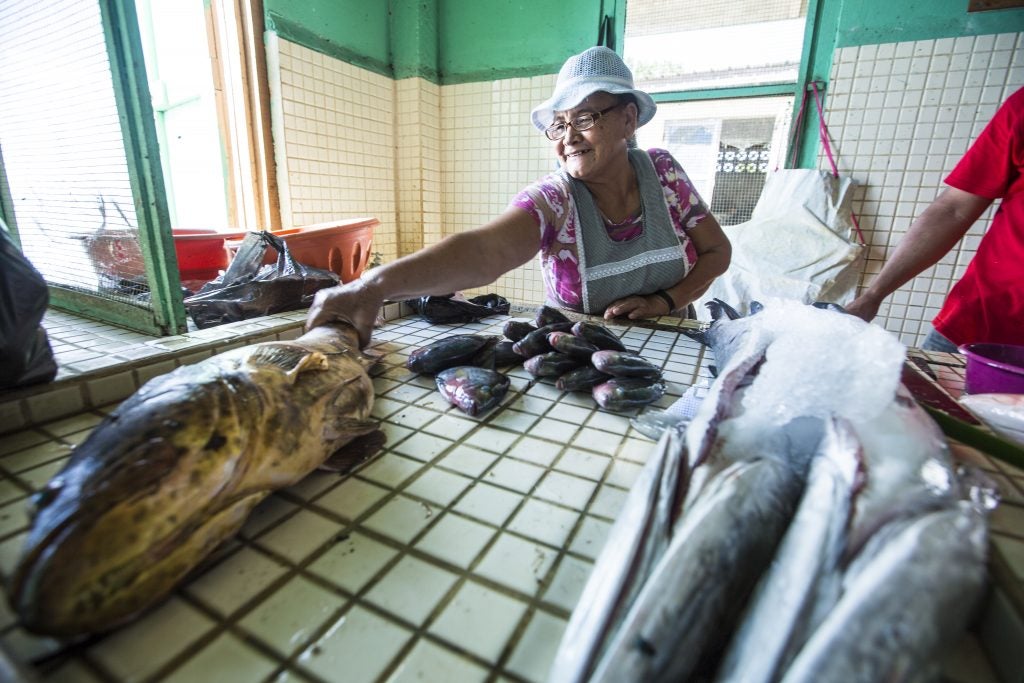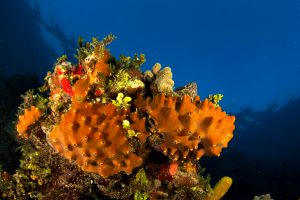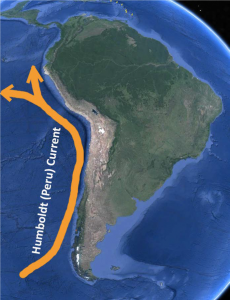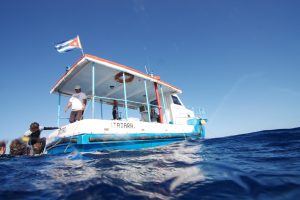 Editor’s note: This is the first in a multi-part blog series, Fisheries for the Future, examining the impacts from climate change on global fisheries and the opportunities to address these emerging challenges. Throughout the series, we’ll be investigating how climate change will impact the world’s supply and distribution of fish and what we can do to ensure the most sustainable future for ourselves and our planet. Learn more about this work: Resilient Seas
Editor’s note: This is the first in a multi-part blog series, Fisheries for the Future, examining the impacts from climate change on global fisheries and the opportunities to address these emerging challenges. Throughout the series, we’ll be investigating how climate change will impact the world’s supply and distribution of fish and what we can do to ensure the most sustainable future for ourselves and our planet. Learn more about this work: Resilient Seas
Fisheries are a globally-important source of jobs and income and critically important for the food security and nutrition of some of the most impoverished people on the planet. This is increasingly the case as human populations continue to grow. Managing fisheries well is also an important aspect of ecosystem health, as well-managed fisheries help contribute to vibrant and abundant ecosystems. Climate change is already affecting fish populations and will scramble these systems in ways not fully understood. This poses a risk to fisheries, the people who depend on them for their livelihoods and the continued ecological abundance and diversity that we hold dear. Read More










 Important progress is underway around the world to emplace sustainability in wild ocean fisheries. The big surprise, however, is that getting fisheries right at the global scale may also make an unexpected and potentially very significant down payment on helping fight global warming.
Important progress is underway around the world to emplace sustainability in wild ocean fisheries. The big surprise, however, is that getting fisheries right at the global scale may also make an unexpected and potentially very significant down payment on helping fight global warming. By Erica Cunningham and Merrick Burden
By Erica Cunningham and Merrick Burden By: Katherine Angier and Dan Whittle
By: Katherine Angier and Dan Whittle